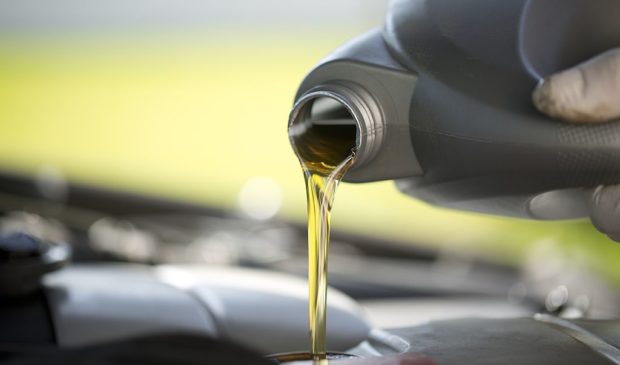Austin’s fleet maintenance costly, audit shows
Thursday, June 8, 2017 by
Jo Clifton The cost of providing routine oil changes and inspections of the city’s light-duty, nonpublic safety vehicles is more than twice the cost of an oil change and inspection at a private company, according to an audit released by the Office of the City Auditor on May 31.
Auditors found that an oil change and multipoint inspection done by the city’s Fleet Services Department costs $113.32, compared to what the average private provider charges, which is $47.58.
One reason is that the city department has a 37-item checklist for vehicles it is servicing, compared to a 15-item checklist that private providers use, the audit notes.
Auditors also compared Austin’s checklist with similar services done by the cities of San Antonio, El Paso and Dallas. They found that San Antonio uses a checklist of only 13 items, while El Paso and Dallas review 19 items and 18 items, respectively.
Auditors found that while the average charge for a state inspection by a private company is $18.50 per vehicle, Fleet Services charges on average $48.65.
The city has approximately 3,500 vehicles, of which about 1,500 are in the category of the audit.
Labor costs are the biggest factor in the difference between what Fleet Services charges and what private companies charge according to Assistant City Auditor Katie Houston, who directed the audit.
Auditors found that Fleet Services workers appear to be performing more comprehensive inspections than are recommended by the manufacturers of the vehicles.
The additional preventive maintenance sometimes meant that the vehicles would be out of service for longer periods of time than anticipated and could ultimately have an impact on delivery of service to the public, auditors said.
Interim Fleet Officer Jennifer Walls agreed that the department should reduce the maintenance services that the department performs and reduce the frequency of more extensive preventive maintenance services.
In a memo to City Auditor Corrie Stokes, Walls wrote, “The city fleet department manages the cradle to grave process for 6,400+ vehicles and pieces of equipment ranging in age from 1956-2017, all of which have varying preventive maintenance intervals and manufacture recommendations. … Fleet is currently in the process of reviewing technical specifications for each vehicle and piece of equipment to evaluate the frequency of preventive maintenance needed. Fleet Services will incorporate any efficiency we observe as a result of this evaluation into our current program.”
Walls said the department would be reviewing and adjusting its processes and anticipates completing that by March 2018.
After implementing that part of the action plan, Walls said the department would perform a cost-benefit analysis for light-duty vehicles to determine whether the department should continue to perform the maintenance or whether the city should consider contracting out those services.
Walls defended her department’s processes, telling the City Council Audit and Finance Committee at its meeting that day, “We’re not just doing oil changes and inspections on vehicles. We’re responsible for the vehicle being available to provide city services. So, when we get those vehicles in house, we do the whole gamut. So, if we don’t take time to do that, you will experience breakdowns and downtimes that could cost more money in the end – because that driver is still being paid while the vehicle is in the shop.”
Referring to the possibility of contracting out oil changes and inspections, Walls said, “Before we make a drastic change, we’d like to get the data to be able to do a comprehensive cost-benefit analysis – to make sure we’re not hurting ourselves on the other end by just automatically sending the cars to an outside vendor to do an oil change.”
In some instances, she said, the vehicle might have a brake problem, which would potentially expose the city to liability or the need for more maintenance.
Council Member Ellen Troxclair, who chairs the committee, wanted to know whether any other cities auditors studied had private vendors doing oil changes. Houston told her that El Paso contracts out oil changes, but every third or fourth oil change is done in-house.
She urged Walls to move forward with changes outlined in the audit, such as reducing the number of points of inspection, as quickly as possible, and Walls said she agreed with that.
Download (PDF, 1.17MB)
Photo by SIGAUS (www.sigaus.es) [CC BY-SA 4.0], via Wikimedia Commons.
The Austin Monitor’s work is made possible by donations from the community. Though our reporting covers donors from time to time, we are careful to keep business and editorial efforts separate while maintaining transparency. A complete list of donors is available here, and our code of ethics is explained here.
You're a community leader
And we’re honored you look to us for serious, in-depth news. You know a strong community needs local and dedicated watchdog reporting. We’re here for you and that won’t change. Now will you take the powerful next step and support our nonprofit news organization?










